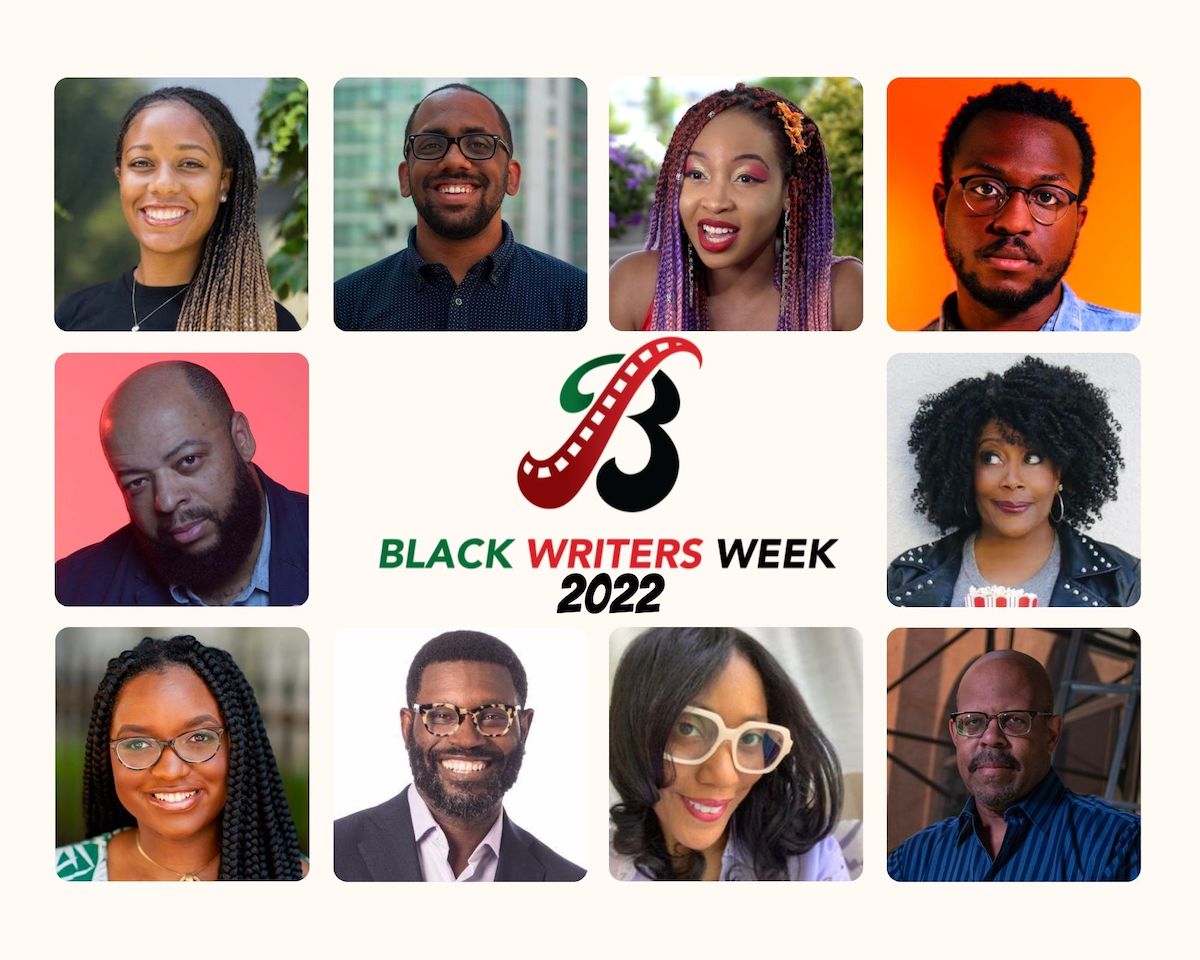Something astonishing happened last year on June 19, 2021. As we launched our first Black Writers Week here at RogerEbert.com, Juneteenth became an official federal holiday. It’s full proper name is Juneteenth National Independence Day. I never expected to see this happen in my lifetime, but President Joe Biden signed the bill into law that June 17: Juneteenth Becomes Our Nation’s Second Official Independence Day.
Even more astonishing is why Juneteenth even exists. Although President Abraham Lincoln signed the Emancipation Proclamation freeing enslaved people on January 1, 1863, it wasn’t until June 19, 1865, more than two and a half years later, that Union soldiers, led by Major General Gordon Granger, rode into Galveston, Texas and read General Order Number 3, to enforce the Proclamation of freedom.
These are things I don’t take for granted. (https://www.rogerebert.com/black-writers-week/welcome-to-black-writers-week). We have made many strides in this great country of ours, and we are fortunate to be living the freedoms our ancestors died for. But we cannot afford to ignore the movement afoot to enact laws that make it more difficult to vote, or worse, the efforts to nullify the results of lawful elections. Nor can we afford to ignore the efforts to ban books and curtail the teaching of any history that includes race and slavery under the guise that it is some dangerous critical race theory. Juneteenth means facing the reality of the facts, and working together to level the playing field for all.
We are taking this occasion to host a second Black Writers Week 2022, in celebration of Juneteenth, and in honor of Ms. Opal Lee, the Godmother of the Juneteenth movement. Ms. Lee, who I think is celebrating her 95th birthday, will walk the two-and-a-half miles to symbolize the two and a half years when our ancestors didn’t know they were free. What we will do here is less dramatic, but nonetheless of import this holiday. We will amplify the voices of the descendants of those plantations. While we will host works by our regular writers like Odie Henderson, one of the most important things we can do at RogerEbert.com this week is to introduce you to Black writers, academics and filmmakers from venues other than ours.
We interviewed Attorney Ben Crump, who said in Nadia Hallgren’s documentary “CIVIL” about him, that he wants to make it “financially unsustainable to kill Black people unjustly.” He calls for a civil and just society. Sergio Mims writes about the military and race, but in a very specific way and for a very specific period. Bijan C. Bayne takes a look at the curious parallel of the growing number of television shows about peaceful rural life during the advent of the civil rights movement. Just what was going on there subconsciously? Carla Renata addresses microaggressions against Black freelance journalists post George Floyd. And Kaiya Shunyata discusses the surprising racial issue in “Stranger Things.”
But not all of the essays deal with struggle. Shawn Edwards pays tribute to Tyler Perry and his successful efforts to employ Black actresses. Taj Rani highlights Moms Mabley who paved a way for other women comedians. Mack Bates tells us about Hip Hop actors who have that star appeal. Brandon Towns talks about making a movie, while Ife Olatunji gives us tips on how to get independent films more widely distributed. Aramide Tinubu brings us good news from the American Black Film Festival in Miami. Jason Delane Lee and Yvonne Huff Lee examine identity, race and adoption in their short film. Danielle Scruggs directs us to a newsletter about Black women directors. And Dr. Eric Pierson tells us about the enrichment of taking students to film festivals.
And just as Juneteenth is also filled with celebrations by way of picnics and family reunions, our Juneteenth Black Writers Week 2022, will bring you reviews of films you can see in theaters like Baz Luhrmann’s “Elvis”, and series you can see on your television screen, like “The Bear,” and “Money Heist: Korea.” Tamron Hall’s book As The Wicked Watched: The First Jordan Manning Novel is going into it’s paperback edition and we will take a look at it.
We also have essential writing from Robert Daniels, who will interview Peter Strickland; Niani Scott, who will discuss the importance of family relationships and familial matters in Black films; Brandon Wilson, who writes about underrated Black Gen X films; Jewel Ifeguni, who analyzes Black Representation in youth drama series; Andre Hammel, who pens an essay on the Black expat experience; Peyton Robinson, who will review the new horror film, “The Black Phone”; Shelli Nicole, who will review TV’s “The Bear”; David Moses, who will also contribute a TV review for “Loot”; Reginald Ponder, who will review the small screen release, “Money Heist Korea”; Sherin Nicole, who discusses desired book to film adaptations; and reviews of new film releases written by Jourdain Searles and Craig Lindsey.
This is but a fraction of what awaits you. So do drop by every day this week.
And Happy Juneteenth to you.












